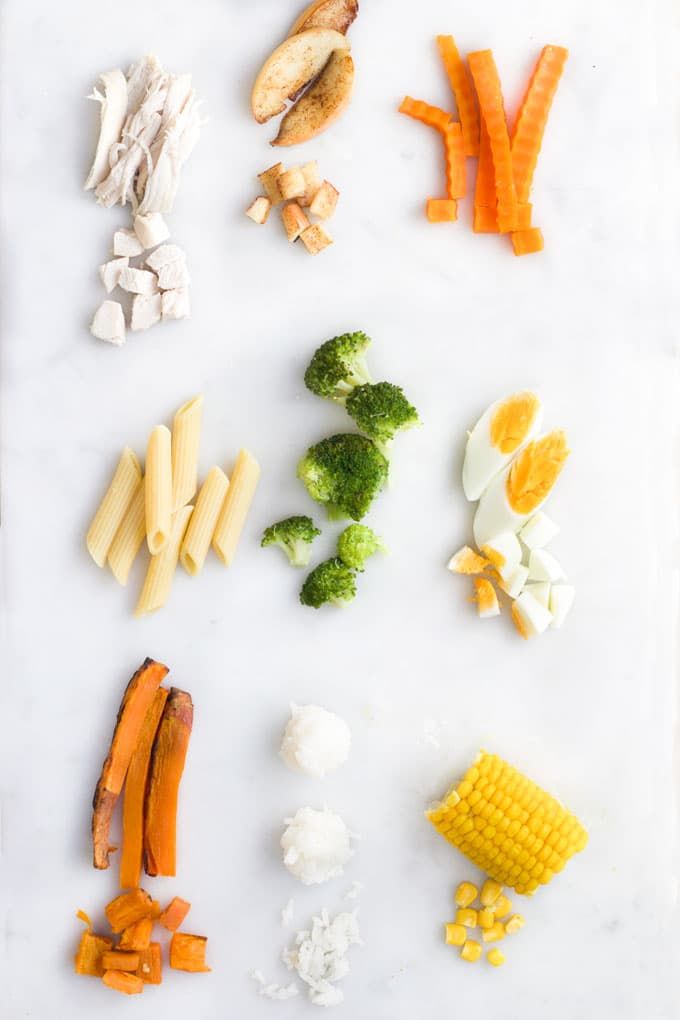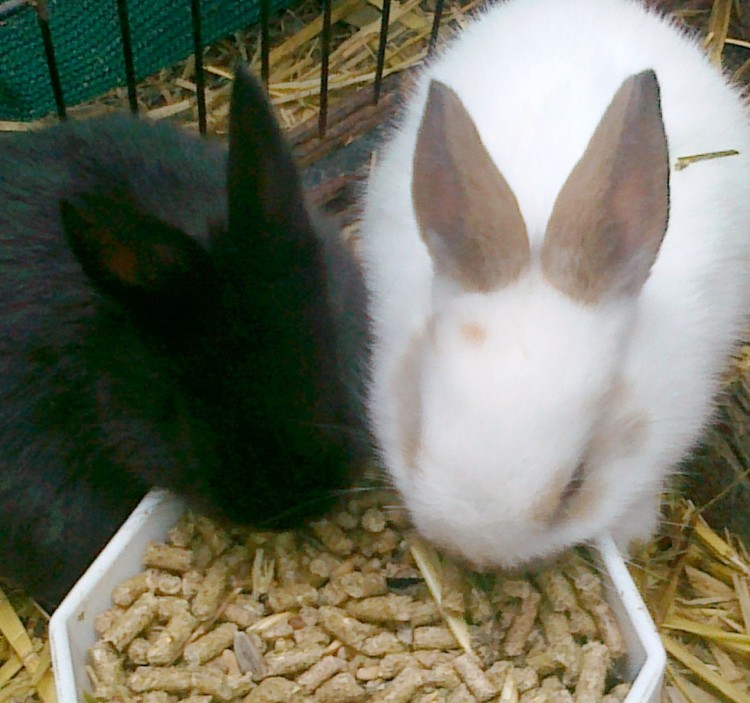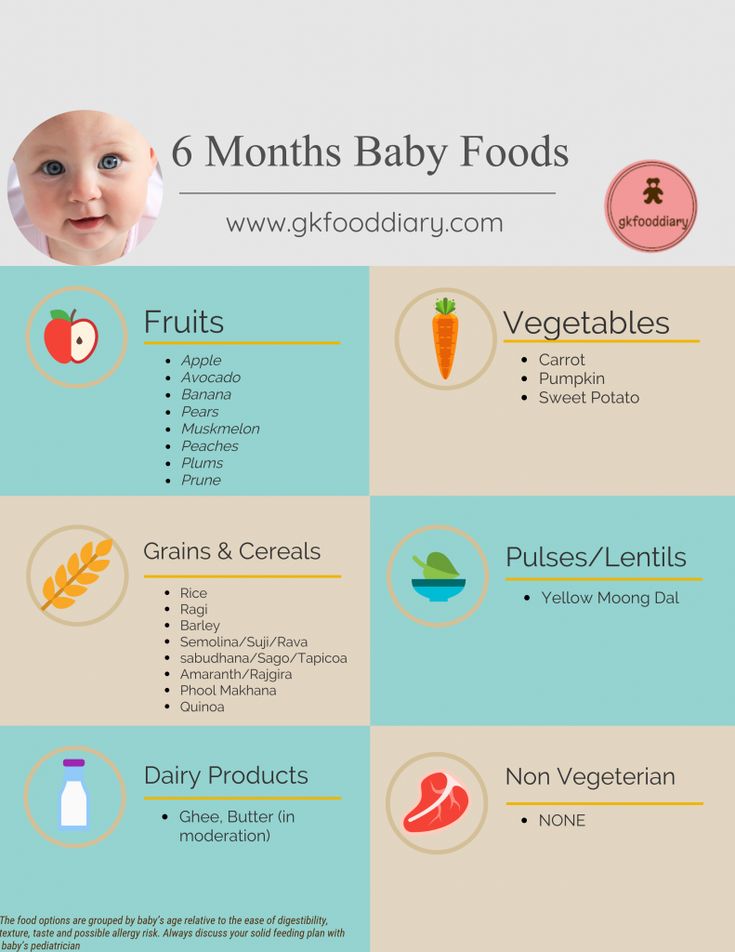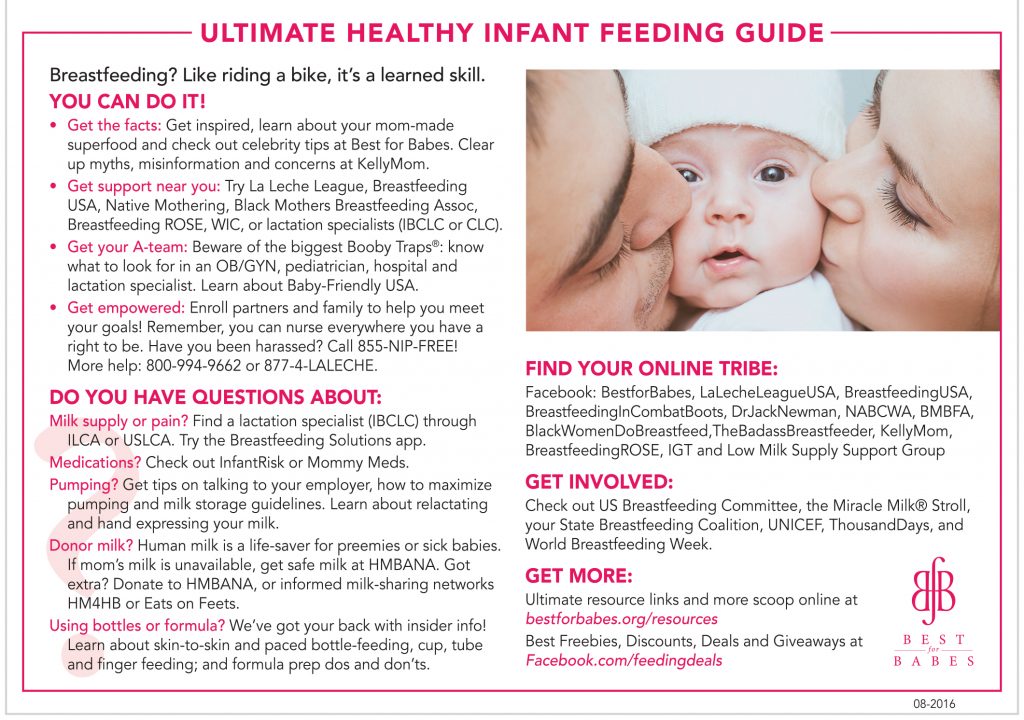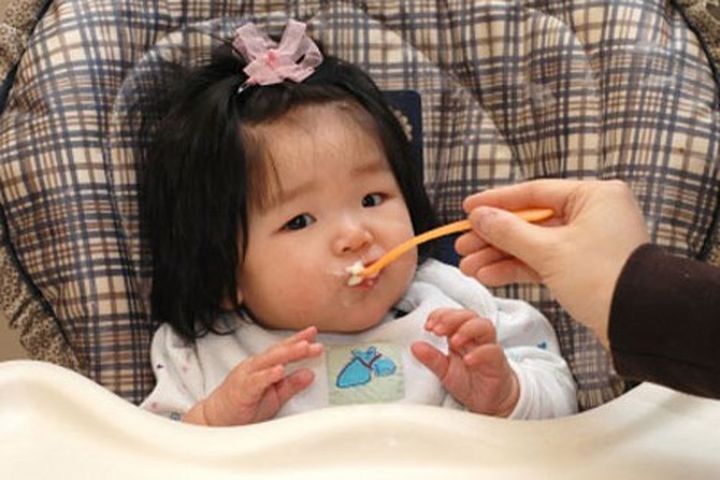Baby starting solid food poop
FAQ: Introducing Your Baby to Solid Foods | Patient Education
- When will my baby be ready to start solid foods?
- Why does my baby need solid food?
- What foods should I offer my baby first?
- How do I introduce my baby to solid food?
- Can I put the cereal or baby food into my baby's bottle?
- What are the next foods I can give my baby?
- What should I look for when buying baby food?
- Can I make my own baby food?
- What foods should I not give my baby?
- What are the signs my baby is allergic to a food?
- How will my baby's stools change once I introduce solid food?
- How often should I feed my baby?
When will my baby be ready to start solid foods?
Most babies grow beautifully on breast milk or formula for the first 6 months, and do not need any solid food before this age. Also, before 6 months of age, most infants have a reflex that causes them to push their tongue against a spoon, making it difficult for them to swallow solid food properly. Introducing solid foods before 5 to 6 months of age may also increase the baby's risk of developing food allergies and obesity.
Your baby will show readiness to eat solids in several ways:
- Your baby's physical development allows him or her to sit without support. When babies can sit easily, they have usually lost the tongue thrust reflex.
- Your baby watches you eat and demonstrates an interest in food.
- Your baby is able to reach out and grab objects.
Why does my baby need solid food?
By 6 months of age, your baby has outgrown the amount of iron he or she received from you before birth. Now your baby needs an additional iron source to prevent anemia. Eating solid food also helps your baby learn many new things, including how to swallow food and, eventually, how to feed him or herself. It also exposes babies to many new tastes and textures.
However, between 6 and 9 months of age, most of the calories your baby needs to grow will still come from breast milk or formula. So, always feed your baby breast milk or formula before offering solid food.
So, always feed your baby breast milk or formula before offering solid food.
What foods should I offer my baby first?
Since babies need extra iron, their best first food is an iron-fortified baby cereal. Once solid foods are introduced, babies do not absorb as much iron from breast milk — another reason to make sure that your baby's first food is a good source of iron.
How do I introduce my baby to solid food?
- Choose a time when you and your baby are both relaxed and ready to enjoy mealtime.
- Prepare an iron-fortified baby cereal, such as rice, barley or oatmeal infant cereal. Mix several tablespoons of dry cereal with formula, water or breast milk. The cereal should be the consistency of cream of wheat — smooth and semi-liquid.
- Sit your baby in your lap or in a highchair.
- Use a small spoon to feed your baby.
- Your baby may look a little confused at first, and most of the first feeding may end up on his or her face, hands and bib.
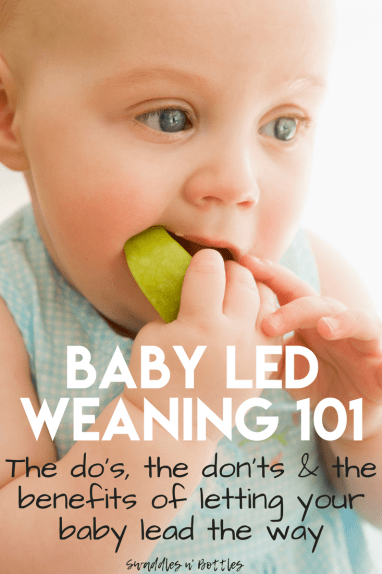 Don't worry. Your baby will gradually become more comfortable with feedings. Try talking gently to your baby to help him or her relax.
Don't worry. Your baby will gradually become more comfortable with feedings. Try talking gently to your baby to help him or her relax. - As your baby begins to enjoy mealtimes, increase the consistency of the cereal so it is like oatmeal. You can also gradually increase the amount of food you offer.
- If your baby spits out the cereal, cries or isn't interested, stop the feeding. You can try again in a few days.
Can I put the cereal or baby food into my baby's bottle?
Please don't put cereal or baby food in a bottle. Your baby needs to learn the difference between liquid and solid foods. Babies need to learn how to move solid food around in their mouth, how to take bites from a spoon and rest between bites, and to stop eating when full. These are all experiences that help babies develop good eating habits.
What are the next foods I can give my baby?
You can give plain baby cereal for several months, but most parents enjoy offering their baby a variety of new foods.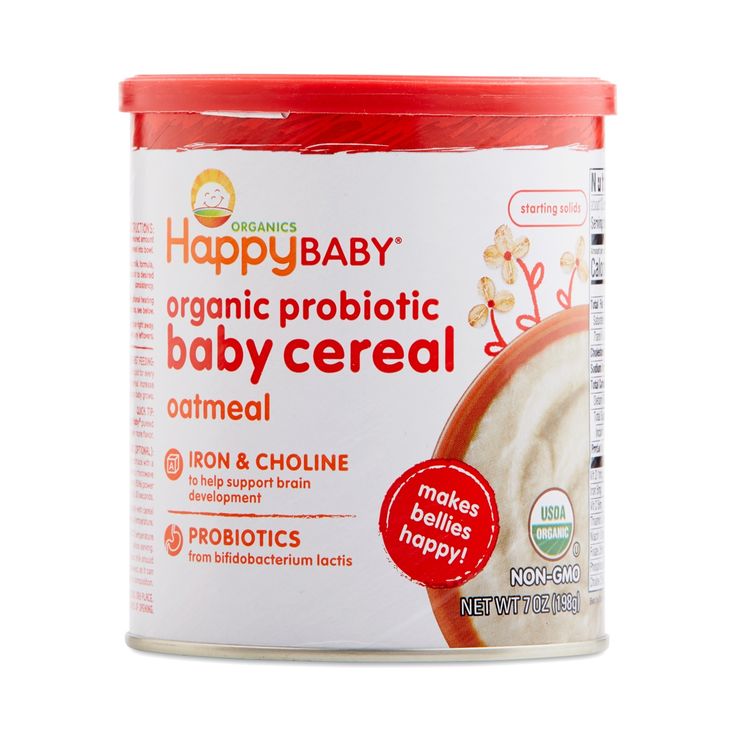
After you've given your baby several different types of cereal, consider offering a vegetable or meat. Chicken or turkey is a good source of zinc for breast-fed infants. After your baby is enjoying several different vegetables, you can then try fruit.
After introducing a new food, wait four to five days before giving your baby any new foods, so you can watch for signs of an allergic reaction.
Be aware that cereal, applesauce and bananas can cause constipation. If your baby becomes constipated, you may try giving him or her an ounce or two of diluted prune or pear juice. You can mix your baby's cereal with prune or pear juice. Or, try offering extra fruits like plums and peaches.
What should I look for when buying baby food?
- Choose single-item foods, like squash or bananas.
- Always read labels. Make sure there is only one ingredient, and look for any added ingredients that can cause allergies, such as orange juice.
- Avoid mixed baby foods, like baby dinners.
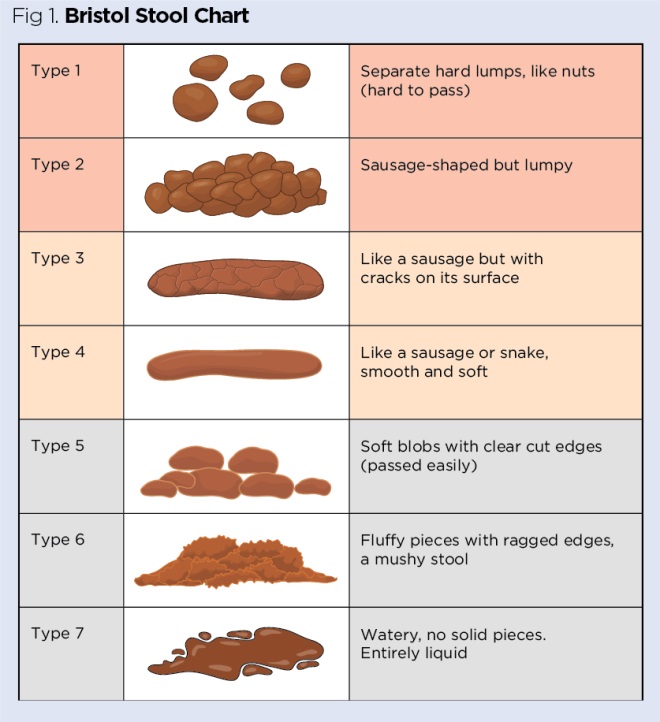 They have less nutritional value and aren't a good value for the money.
They have less nutritional value and aren't a good value for the money. - Don't give your child "baby desserts." They add extra calories without being nutritious.
Can I make my own baby food?
Certainly. If you do, please remember:
- Do not add salt, sugar or seasonings to your baby's food.
- You can freeze extra food in ice cube trays, and defrost small portions later when needed.
- Know that some vegetables, such as carrots, beets, spinach, collard greens and turnips, can contain nitrates, a chemical that can cause an unusual type of anemia. Don't cook these foods for your baby. Store-bought baby food has had the nitrates removed and is fine.
What foods should I not give my baby?
The American Academy of Pediatrics now recommends giving peanut-containing products to infants at "high risk" of developing allergies between four and 11 months, in countries where peanut allergies are common.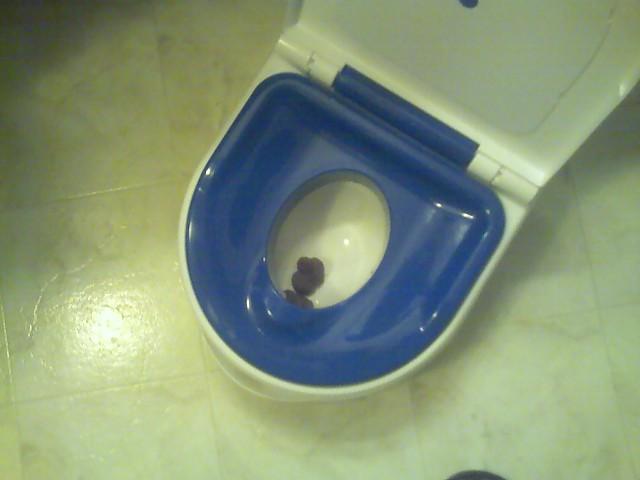
Scientific evidence suggests that delaying the introduction of peanuts may be linked to a greater risk of developing peanut allergies.
However, babies who experience severe eczema, egg allergy or other related diseases in their first four to six months may benefit from seeing an allergist who can give patient-specific advice on early introduction of peanuts, the academy says.
Do not give your baby any honey for the first year of life. It can cause infant botulism, a type of food poisoning that can lead to death.
Also, remember that some foods can irritate your baby's digestive system. Avoid highly spicy or greasy foods. Also avoid foods that could easily cause choking, such as small candies, popcorn, raisins, grapes, or hotdogs cut in circles.
What are the signs my baby is allergic to a food?
If your baby as several episodes of vomiting after trying a new food, has diarrhea, develops a rash, or has swelling of the lips or eyes, he or she may be having an allergic reaction.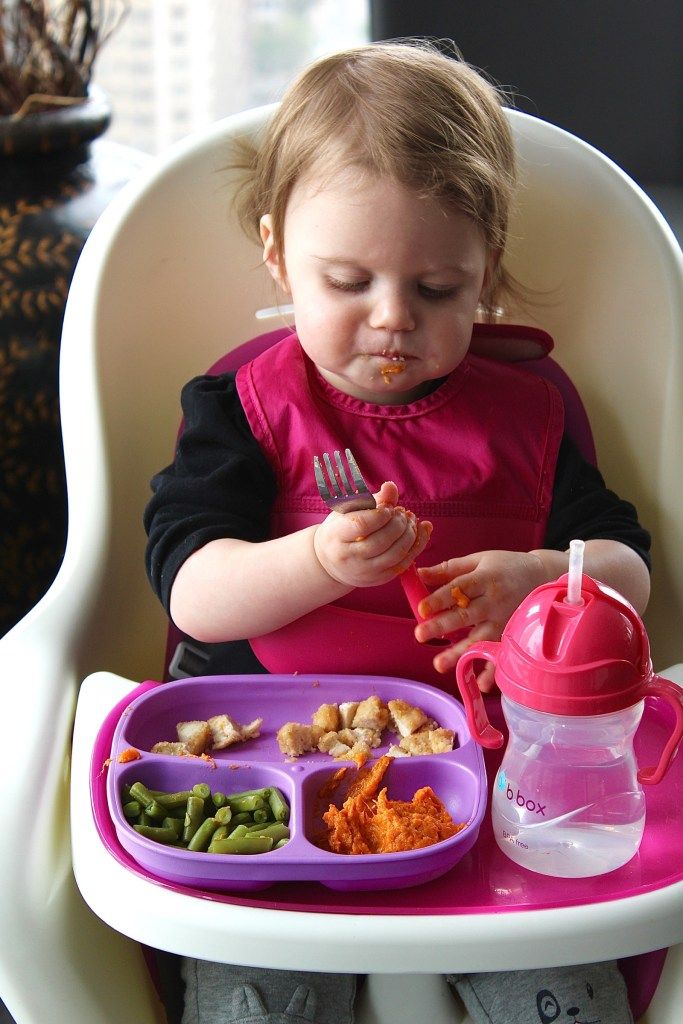 Stop the feeding and call your baby's doctor.
Stop the feeding and call your baby's doctor.
How will my baby's stools change once I introduce solid food?
Your baby's stools may become firmer and may have a different, stronger odor. Some foods will appear in the stool undigested, and you may see peas, corn or tomato skins in your baby's diaper. Bananas often cause little black threads to appear in the stool. This is just the center part of the banana.
If your baby's stools become extremely loose, watery or full of mucous, the baby's intestinal tract may be a little irritated. Consider removing the new food from your baby's diet for a while. Irritation around the anus does not mean the baby is allergic to a food.
How often should I feed my baby?
Since most of your baby's nutrition still comes from breast milk or formula, you do not need to worry about how often you are offering solid foods. Feed your baby when it is fun, easy and convenient for you. Most babies enjoy eating once a day at first.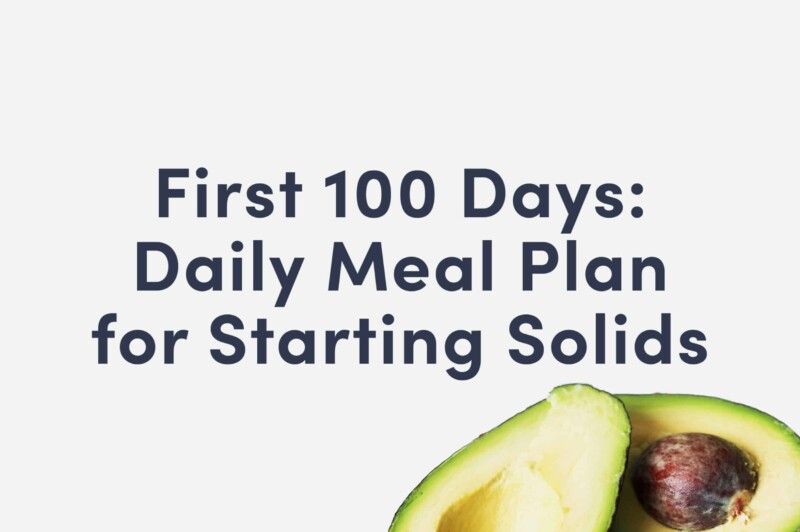 Parents should let babies show when they are interested and how much they want to eat.
Parents should let babies show when they are interested and how much they want to eat.
Used by permission of Jane E. Anderson, M.D.
Starting Baby on Solid Food | Longwood Pediatrics
General information
You should generally start solid foods between 4-6 months of age. Starting solids earlier than this will not cause your baby to sleep longer at night and may cause digestive problems. For your baby’s first year, breastmilk or formula is the most important part of her diet. As you introduce solids, make sure that she is still drinking adequate amounts of formula or breast milk.
Feed your baby all solids from a spoon. Putting cereal in the bottle is not a good idea, and part of learning about solids is learning to eat with a spoon. You may want to start solids at a time when your baby is hungry but not starving, such as after he has had a little formula or breast milk, but not after a full milk feeding when he is not at all hungry.
Try to introduce new foods with enthusiasm, but do not force your child to eat something.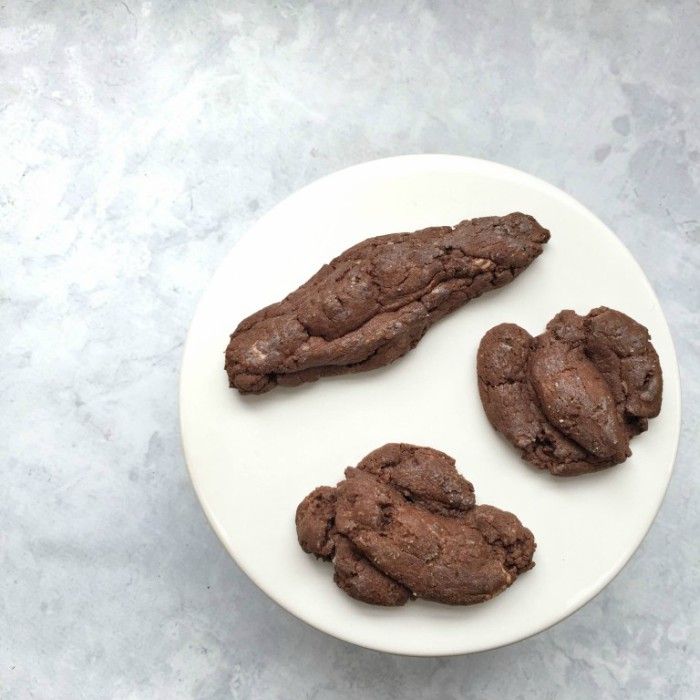 If your child is not interested in a new food, put it away and try introducing it again later. When introducing new foods, there should be an interval of 2-3 days between each new food so that you will know if your baby is having a reaction to a new food.
If your child is not interested in a new food, put it away and try introducing it again later. When introducing new foods, there should be an interval of 2-3 days between each new food so that you will know if your baby is having a reaction to a new food.
If your baby develops vomiting, rash, or diarrhea, please do not give that food again and discuss this reaction at your next visit. If your child develops hives or breathing problems, please call the office.
What foods to introduce
- Feeding suggestions for your baby (download)
Somewhere between 4 and 6 months old, you may begin to introduce first foods such as infant cereals, pureed fruits, pureed vegetables, and pureed meats. Start with about one or two tablespoons of food once or twice a day. It is important to make sure that some of your infant’s early foods contain iron, which is important for all babies’ health. Iron-rich foods include iron-fortified baby cereals, meats, and beans.
Once your child is about 8 months old and sitting up well, you may introduce finger foods such as biscuits, Cheerios, pasta, soft bread/toast, small pieces of soft vegetables or fruits, and shredded chicken or meat.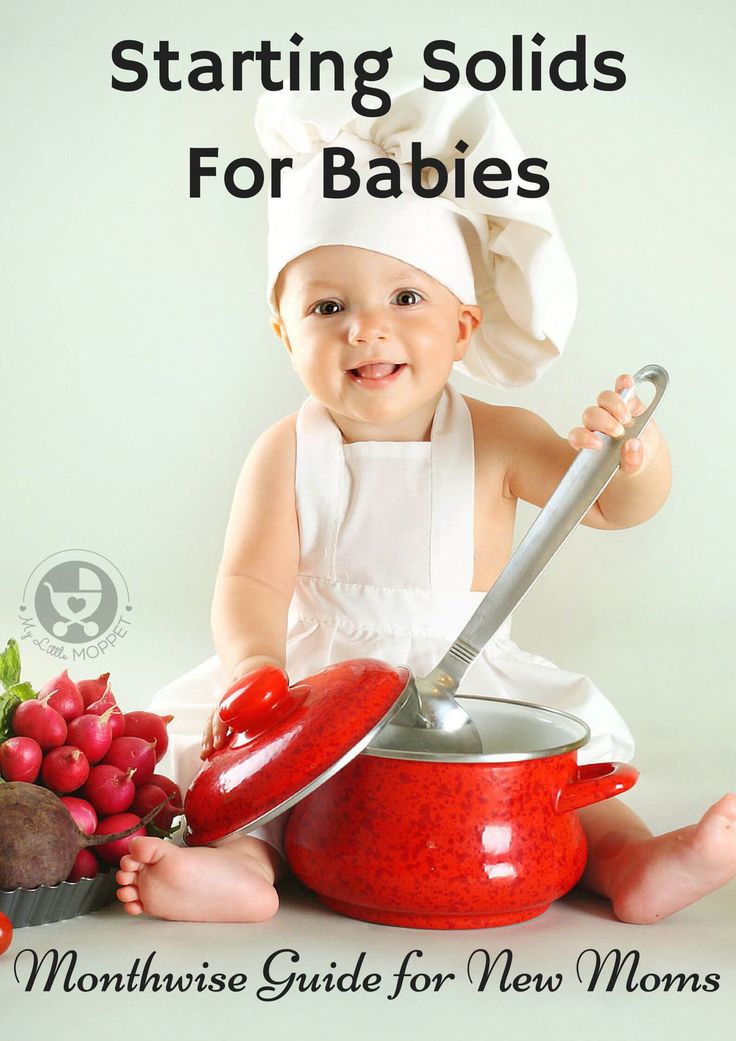
A note on constipation: Sometimes when a baby starts on solid foods, he will become constipated (hard stools). If your baby becomes constipated, use whole wheat or barley cereal instead of rice cereal and avoid bananas and sweet potatoes, which are constipating. All the fruits which begin with “P” (prunes, plums, pears, peaches) will help soften your baby’s stool, so give them often if your baby is having hard stools. If your baby is constipated, you may also give him 1 ounce of prune juice mixed with 1 ounce of water every day or two.
Beverages
For the whole first year, breast milk or formula should be your baby’s primary beverage. Typical amounts are listed in the table at the end of the sheet. Fruit juice tends to be high in sugar and fills up babies so they eat less nutritious food. We do NOT recommend giving juice to your baby in the first year.
Food sensitivities and allergies
While food allergies seem to be more common among children than they were in the past, no one knows the reason for this.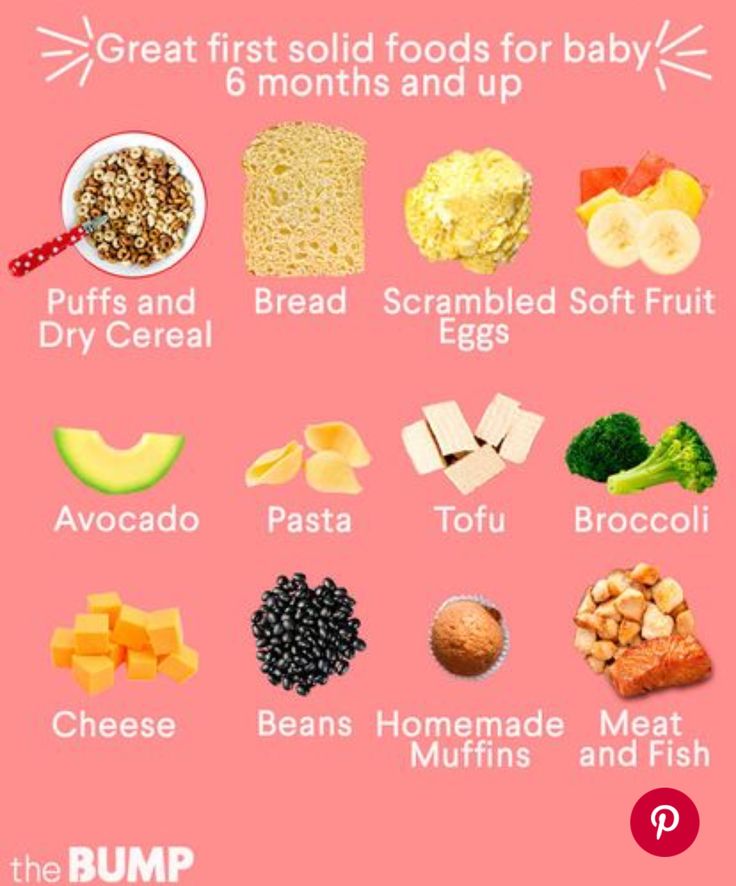 We do not recommend restricting any specific foods for babies because of concerns about allergies, but if you have food allergy questions or a family history of specific food allergies, please discuss this with your provider.
We do not recommend restricting any specific foods for babies because of concerns about allergies, but if you have food allergy questions or a family history of specific food allergies, please discuss this with your provider.
Citrus fruits and tomatoes may cause a rash around the mouth in young children, but this is not a true allergy and is not dangerous; if it happens, you may want to cut back on these types of foods and try them again at a later time.
Peanuts and peanut butter
Recent research suggests that early and continued eating of peanut products decreases the chance of developing a peanut allergy. Some children will still be allergic to peanuts, but introducing peanuts at 4-6 months can prevent peanut allergy for many children. If your child has other food allergies or severe eczema, (or if your family history causes you to be concerned), please discuss blood testing for peanut allergy before you introduce peanuts.
Other infants should begin eating peanut products at 4-6 months.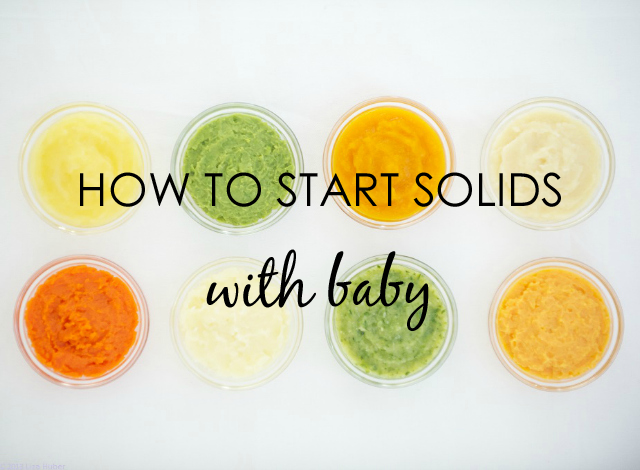 You can mix a small amount of smooth peanut butter into your infant’s baby cereal or pureed food. Bamba, a peanut puff product (available online and in the Israeli or Kosher food section of some grocery stores) can be crumbled into baby cereal. Give a small amount the first few times, and if it is tolerated without hives continue to feed peanut containing products 3 times a week. Older infants and toddlers should continue to eat Bamba or smooth peanut butter (spread thinly on bread or cracker) 3 times a week.
You can mix a small amount of smooth peanut butter into your infant’s baby cereal or pureed food. Bamba, a peanut puff product (available online and in the Israeli or Kosher food section of some grocery stores) can be crumbled into baby cereal. Give a small amount the first few times, and if it is tolerated without hives continue to feed peanut containing products 3 times a week. Older infants and toddlers should continue to eat Bamba or smooth peanut butter (spread thinly on bread or cracker) 3 times a week.
Caution!
- Nuts, whole grapes, spoonfuls of peanut butter, round slices of hot dog, hard raw vegetables, popcorn, hard candies, and ice are all choking hazards and should not be given to your child until at least 4 years old.
- All foods you give younger children should be soft and in small pieces.
- Do not give your baby honey until he is over 1 year old (honey can carry botulism spores that are dangerous for a young baby but not for older children or adults).

- Do not home prepare beets, turnips, carrots, spinach, and collard greens while your child is an infant. These can be high in nitrates when prepared at home, but are safe if given as store-bought baby food.
Normal stool of newborns and children up to the first six months of life
The contents of a diaper excite every young mother. Any change or change in the frequency of bowel movements causes her to panic and forces her to look for diseases in the child. We understand how the gastrointestinal tract works in infants and what the baby's stool should be like.
Peculiarities of digestion in an infant
Despite the long intrauterine development, many systems and organs of a newborn child cannot fully perform their functions. The gastrointestinal tract is no exception. Babies don't have teeth to chew solid food, and their liver and pancreas don't produce enough enzymes.
In addition, the baby is born with a sterile intestine.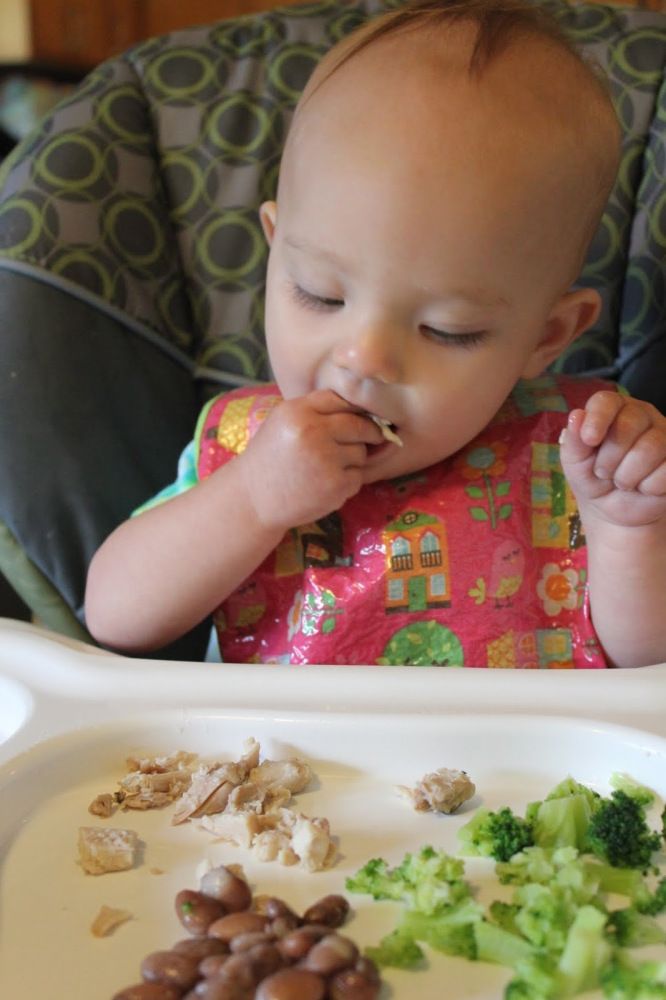 Its settlement with beneficial microflora occurs in the first weeks of life, and full development can last up to a year. Children of the first half of the year eat only breast milk or a milk mixture adapted for their intestines. Feeding whole milk or fermented milk products is dangerous to his health.
Its settlement with beneficial microflora occurs in the first weeks of life, and full development can last up to a year. Children of the first half of the year eat only breast milk or a milk mixture adapted for their intestines. Feeding whole milk or fermented milk products is dangerous to his health.
The baby's stool is also different. In the first days of life, a newborn baby passes meconium - the original feces are usually dark green or black. Then it gradually changes color, smell and texture. What exactly it will be depends on the type of feeding and the characteristics of the child himself.
Stool norm in newborns and children up to a year
Normal stool indicators depend on how the mother feeds the child, whether he has congenital gastrointestinal diseases, allergies or intolerances. The frequency of stool in a newborn and children in the first half of life also depends on this.
| Type of | Description |
| Chair in newborns while breastfeeding | In the first six months, the stool is mushy, soft, blotches and inclusions may occur. |
| Chair in infants with artificial feeding | The chair is regular from one to 6 times a day. Often associated with feeding (a bowel movement occurs before or during it). Thicker, pasty, smells stronger than breastfed babies |
With mixed feeding, the frequency and appearance of the stool depends on the proportion in which the child receives breast milk and an adapted mixture.
At first, the baby can defecate after each feed. Over time, stool frequency decreases and volume increases. This can be scary for new parents. Our doctors remotely and at any time of the day will answer all questions about the health of the child and help determine when stool changes indicate pathology.
Newborn stool color
The second parameter, after the frequency, to which mothers pay the closest attention, is the color of the child's stool.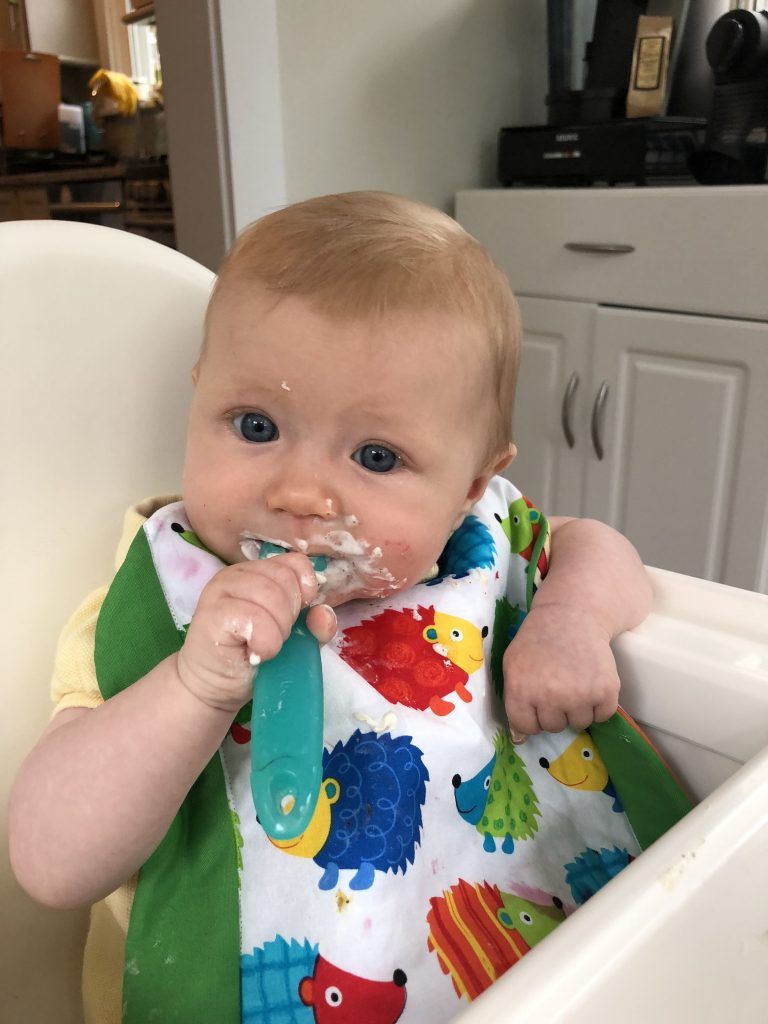 Normally it is yellow or orange. It can be plain or with white patches. This color is typical for fresh stools when the baby has just gone to the toilet.
Normally it is yellow or orange. It can be plain or with white patches. This color is typical for fresh stools when the baby has just gone to the toilet.
When exposed to air, the feces oxidize and become greenish in color. This is not a pathology. This color of the stool does not require treatment or medical attention. However, a sharp change in color, consistency or frequency of bowel movements, the appearance of foam, blood and streaks in the feces can indicate digestive problems - lactase deficiency, constipation, allergies, dysbacteriosis.
What problems does stool disorder indicate?
It is believed that the feces of a newborn should depart daily and not cause him any inconvenience. However, in children who are fully breastfed, stools may be completely absent up to 6 days. If after that the baby defecates without problems, and the feces themselves remain soft, this is considered a variant of the norm.
However, in some cases, a violation or change in bowel movements can indicate problems with digestion.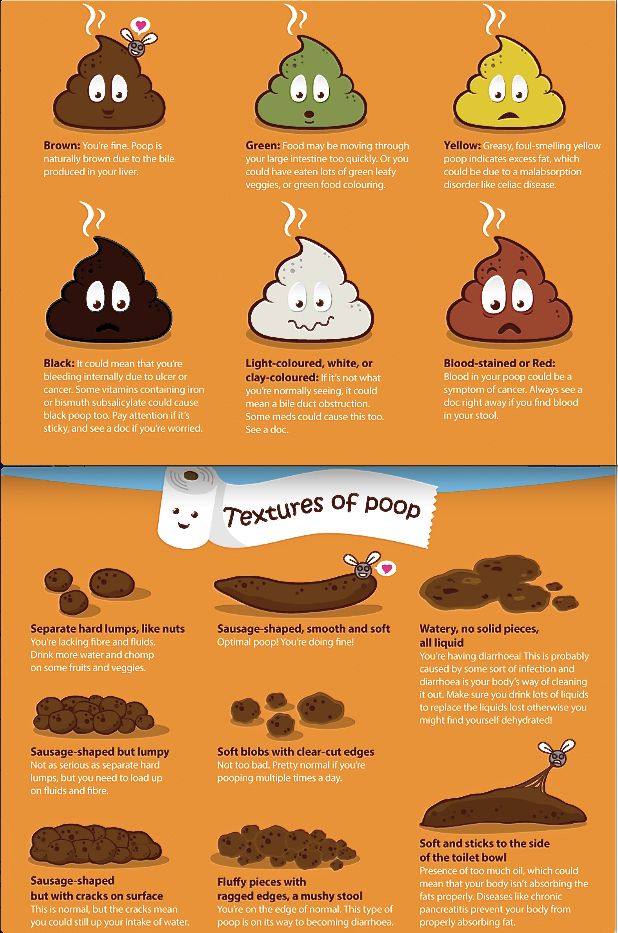 The main ones are:
The main ones are:
- constipation;
- diarrhea;
- allergy;
- intolerance to certain products;
- lactase deficiency;
- bleeding in the gastrointestinal tract;
- cracks.
The main symptoms to look out for include the following:
- the child becomes restless and capricious;
- he draws his legs to his stomach;
- the chair becomes rare and dense;
- the stool becomes too liquid and frequent;
- mucus, blood streaks, black blotches appear in the feces;
- stool immediately green;
- he smells bad;
- foam is visible in the feces.
These symptoms should be reported to the health visitor or pediatrician during the preventive visit. If blood is found in the diaper, you should immediately call an ambulance and hospitalize the child.
Changes in stool may indicate problems with the gastrointestinal tract in a child.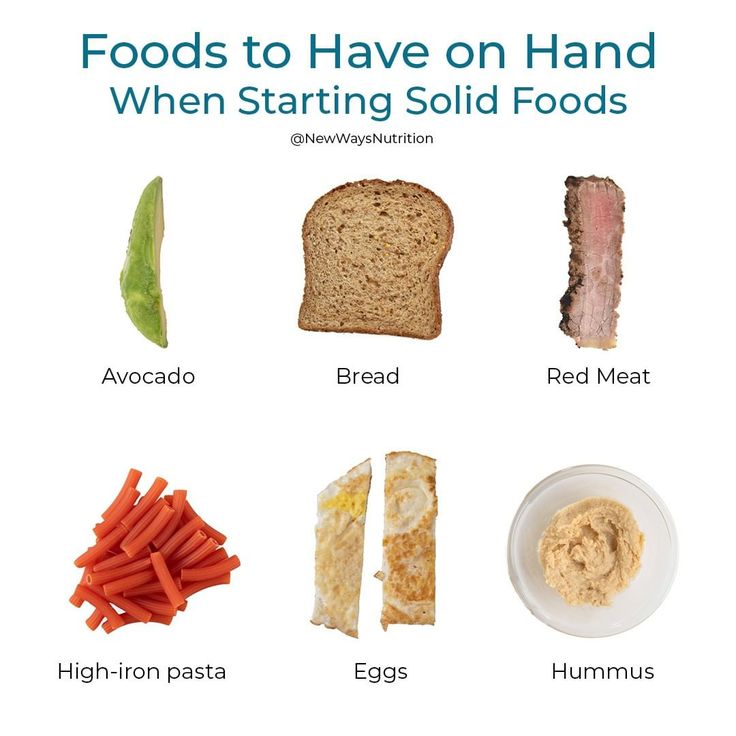 It can be difficult for young parents to distinguish the norm from the pathology, so if you have any concerns, you should consult a pediatrician. Our doctors will answer all your questions about your baby's health, help you find the problem and tell you what to do in case of illness.
It can be difficult for young parents to distinguish the norm from the pathology, so if you have any concerns, you should consult a pediatrician. Our doctors will answer all your questions about your baby's health, help you find the problem and tell you what to do in case of illness.
How to help your baby with stool problems
To help the baby, you need to understand why there are problems with the stool. To do this, the pediatrician will offer to undergo diagnostics - take blood tests, check feces, sign up for an ultrasound scan, colonoscopy or gastroscopy. The latter in young children are performed under general anesthesia and require temporary hospitalization.
After making a diagnosis, the doctor will suggest treatment and related activities:
- If an allergy is suspected, a nursing mother will be offered to follow a hypoallergenic diet. If the baby is bottle-fed, they will offer to change the mixture.
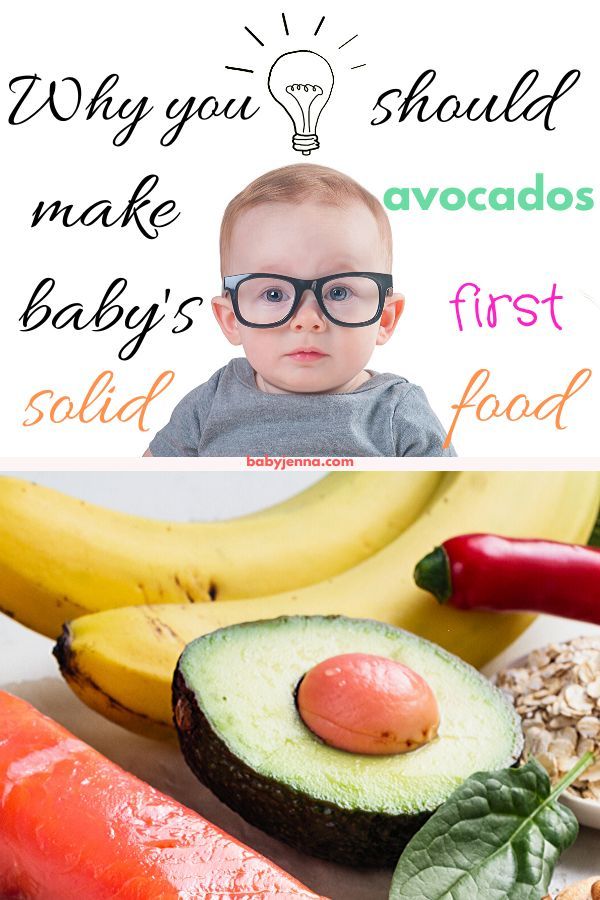
- Also, the doctor will give recommendations on the diet of the child. Breastfeed your baby freely, but less than once every two hours. Formula-fed babies can tolerate long intervals.
- In case of allergies, the child may be recommended to take antihistamines and sorbents.
- With confirmed lactase deficiency, the child is either transferred to a lactose-free mixture, or it is recommended to give special enzymes before feeding.
- If constipation, diarrhea and dysbacteriosis are suspected, the child may be prescribed drugs to improve the stool or special mixtures with lacto- and bifidobacteria.
- If an infection is suspected, against which diarrhea began, the baby may be prescribed antibiotics and antiviral agents.
If congenital pathologies of the development of the gastrointestinal tract are detected during the examination, the doctor takes appropriate therapeutic and preventive measures. Which ones and for how long depends on the type of disease and its degree.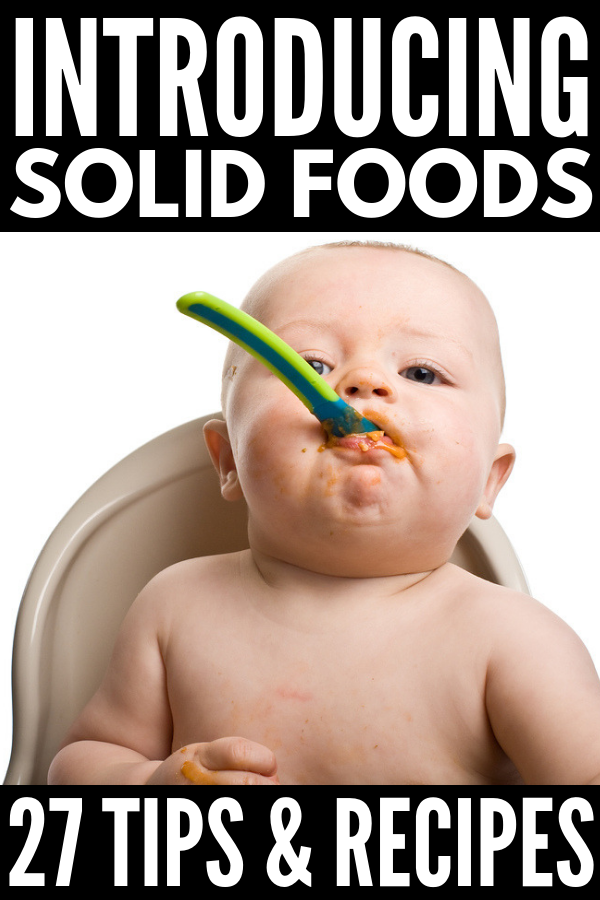
Important! Abdominal problems are often associated with increased gas or colic. In this case, it is recommended to massage the abdomen, put a warm heating pad on it, or put the bare tummy against the mother's stomach.
FAQ
How many times a day should a newborn have a stool?
+
In the first days of life, the child passes meconium. After that, the chair can be after each feeding. In a month-old baby, the frequency of stools is removed and varies from 1 to 6 times a day. In children who are fully breastfed, it can recede up to 6 days.
What does feces look like in newborns?
+
Newborn babies have black or dark green stools. Over time, it brightens, becomes yellow-orange. It may contain white blotches and heterogeneities.
What are the problems with the chair?
+
The problems are indicated by the absence of stool against the background of the child’s anxiety and a change in the consistency of feces, too frequent stools, bad smell, foam, green color of feces immediately after a bowel movement, the appearance of streaks and inclusions of red and black or mucus in it.
What to do if the child does not poop?
+
If the child behaves normally (does not cry, does not act up and does not tighten his legs), and after the stool is pasty and easily leaves, then nothing needs to be done. If the child is worried and cannot poop, you need to see a doctor. He will conduct examinations and prescribe treatment.
Expert opinion
A change in the stool of a newborn, its complete absence or too frequent bowel movements can indicate digestive problems, allergies, and congenital diseases of the gastrointestinal tract. To distinguish the norm from pathology, you need to know what happens and how often a normal stool happens, what signs indicate pathology and when you need to see a doctor.
We publish only verified information
Article author
Pruzhinin Mark Yulievich pediatrician
Experience 30 years
Consultations 1572
articles 104
An experienced pediatrician with extensive experience and clinical experience in various medical organizations, resuscitation and intensive care and neuroinfection.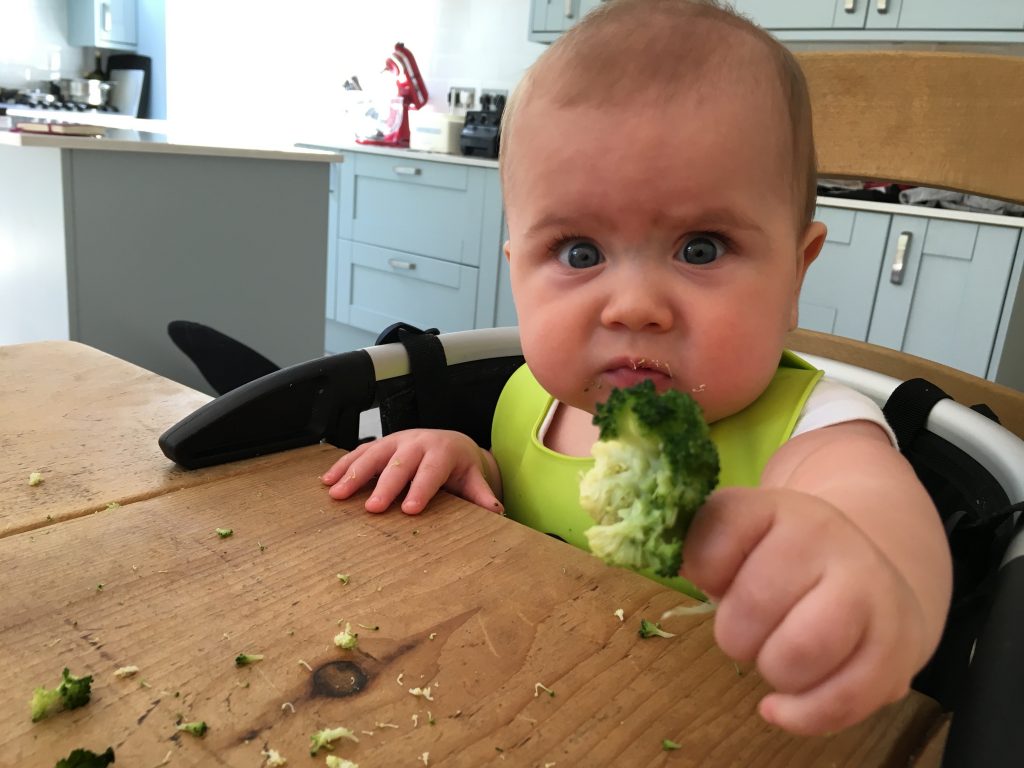 Works with leading experts, attends international and Russian conferences.
Works with leading experts, attends international and Russian conferences.
What is constipation in a newborn
The contents of a baby diaper is one of the key topics that young mothers discuss. They pay attention to the frequency of the stool, its consistency, color and smell. One of the most common problems they complain about to doctors or to each other is constipation in babies. We figure out what the baby’s chair depends on and how many days he may not go to the toilet for the most part.
Normal neonatal stool
During fetal development, nutrients are supplied to the baby through the umbilical cord. Through it, the metabolic products of the fetus are also excreted. The digestive system of a newborn begins to work only after childbirth, so it is logical that the baby does not poop in utero. But this does not mean that nothing gets into it.
During this period, the child actively swallows amniotic fluid (amniotic fluid). Its excretion from the body begins after the birth of the child and the start of breastfeeding.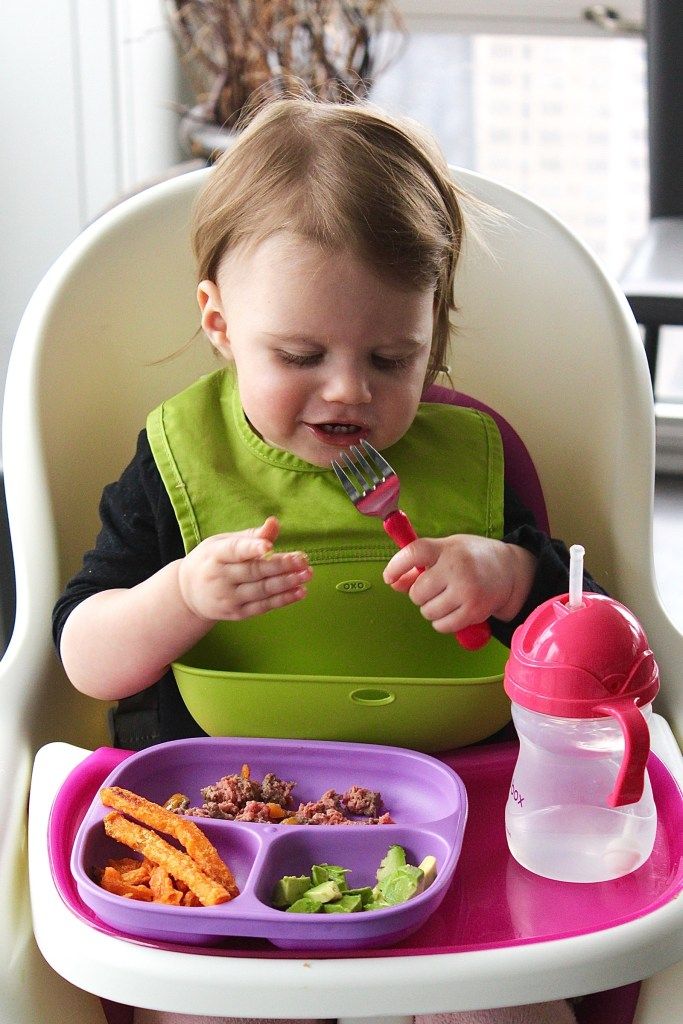 For the first time, a newborn goes to the toilet on the second day after birth. This stool is not like a baby's usual feces. Over time, he will return to normal.
For the first time, a newborn goes to the toilet on the second day after birth. This stool is not like a baby's usual feces. Over time, he will return to normal.
How does the baby's stool change in the first months of life?
| Age | Child's chair |
| 1–3 days after birth | The chair is dense, pasty. Usually dark, sometimes greenish in color. The passage of meconium can cause discomfort to the baby. |
| 3–5 days after birth | The chair gradually brightens, becomes mushy. Usually does not cause any inconvenience to the child. But some problems may arise due to the fact that the digestive tract of the baby "learns" to work and is colonized by bacteria. |
| 2 weeks after birth | The work of the gastrointestinal tract is normalized. |
| 1 month after birth | A month old baby can poop from one to several times a day. The chair is normalized and is both pasty and quite hard. Some children may also have stool retention. But if the separation of feces does not cause discomfort and anxiety in the baby, they should not bother the mother either. |
| 2 months after birth | The work of the intestine continues to improve. Two-month-old baby no longer goes to the toilet after every feed. The number of bowel movements is reduced to 1-2 per day. The stool is still not hard, more like slurry. It can be homogeneous and interspersed. |
Constipation is not considered that the baby cannot go to the toilet for a certain time.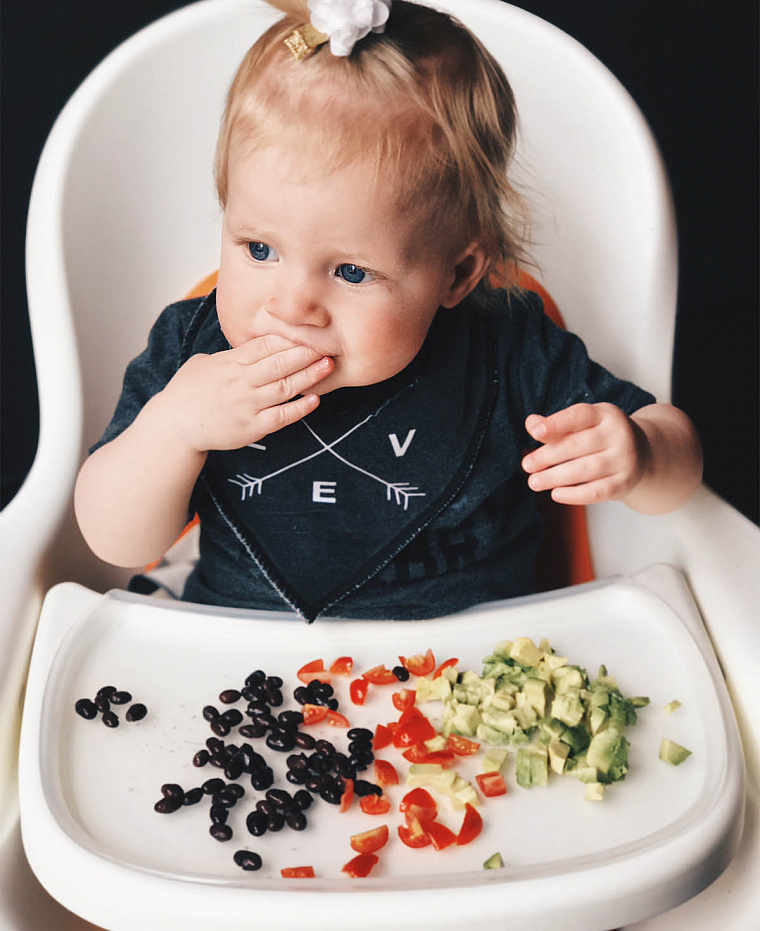 The main criteria at this age are not stool retention, but unpleasant sensations during defecation (the child cries before pooping), a large amount of stool and its hard consistency.
The main criteria at this age are not stool retention, but unpleasant sensations during defecation (the child cries before pooping), a large amount of stool and its hard consistency.
Because of what the child does not walk on large
Constipation is a reduction in the number of bowel movements relative to their normal number for this age. In addition, such a disorder of the stool is accompanied by the discharge of a large amount of dense stool. Thus, constipation is not just a decrease in the number of bowel movements, but also a change in the stool itself.
Other signs of constipation in a baby include the following:
- change in stool odor;
- a large amount of gases;
- anxiety of the baby during washing;
- restless sleep in a baby with frequent awakenings;
- intense crying that cannot be stopped.
Even if the baby goes to the toilet every day, but at the same time his feces become plentiful and dry, this indicates constipation in the child.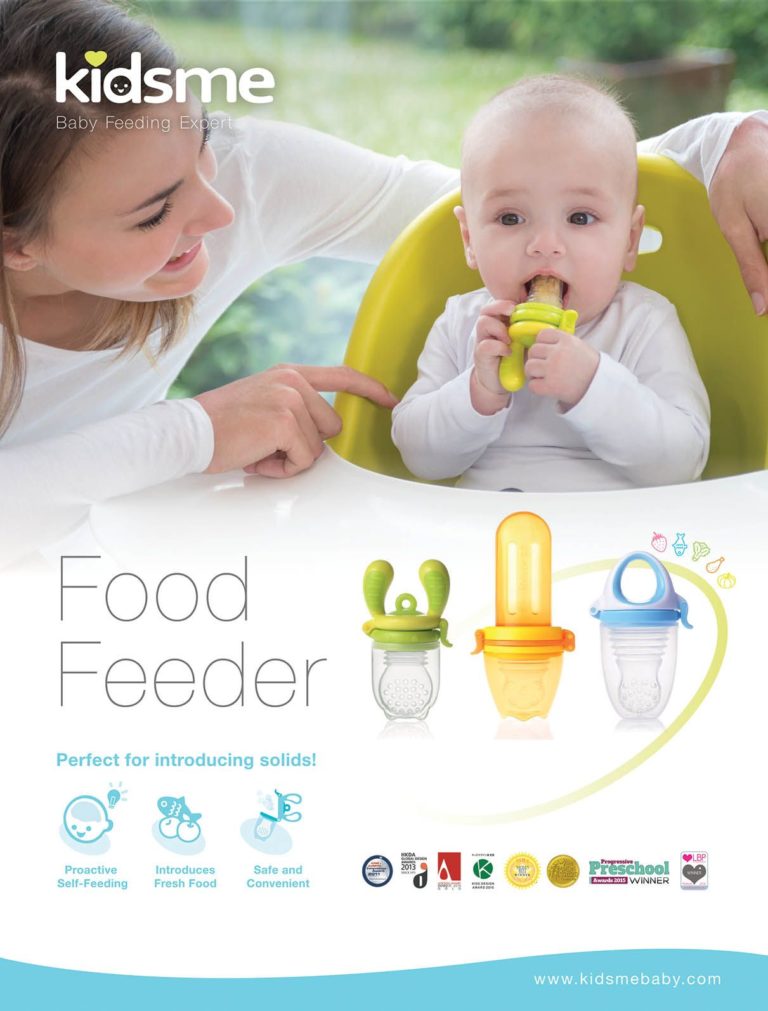 At the same time, the absence of a bowel movement for several days, which does not cause any inconvenience to the baby, and normal mushy stools, even after a break, are not considered grounds for making such a diagnosis.
At the same time, the absence of a bowel movement for several days, which does not cause any inconvenience to the baby, and normal mushy stools, even after a break, are not considered grounds for making such a diagnosis.
Causes of impaired defecation can be both normal and pathological. The most common causes of constipation in babies are:
- congenital malformations of the gastrointestinal tract;
- disruption of the digestive glands;
- violation of the normal colonization of the gastrointestinal tract by flora;
- the predominance of the mixture over breast milk;
- insufficient fluid intake;
- unsuitable mixture for the baby;
- allergic reactions;
- Iron-deficiency anemia.
Most often, the problem lies in improperly selected nutrition or dysbacteriosis in babies. The fact is that the child's intestines are sterile, and until the flora returns to normal, constipation can develop even in a one-month-old baby.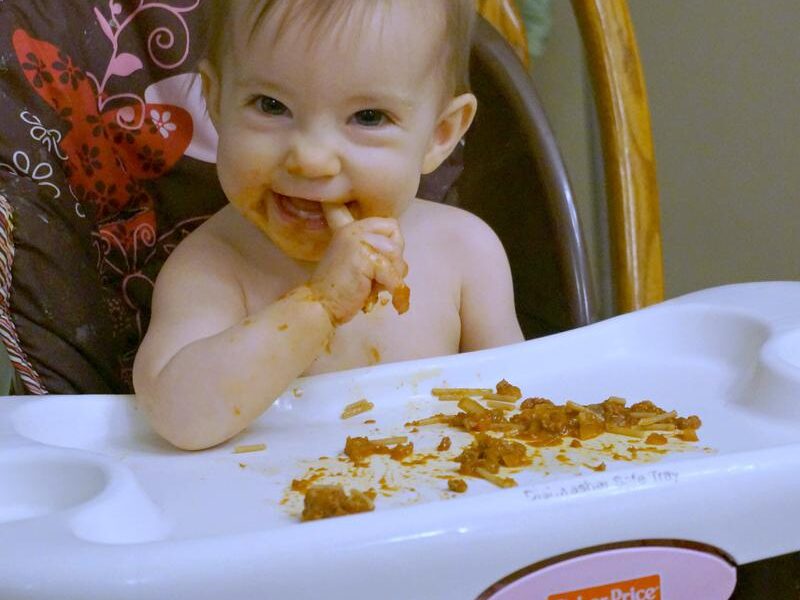 Usually this condition does not require medical intervention, but the baby needs some help anyway.
Usually this condition does not require medical intervention, but the baby needs some help anyway.
Constipation is not just a delay in stool, but also a change in its consistency. It can be difficult for a young mother to understand when the lack of bowel movements is normal, and when the child needs help. Our doctors at a remote consultation will help you understand when a child needs help, advise on how to organize a baby’s diet and choose the right formula for him.
When constipation of the baby requires medical attention
Most often, problems with defecation in infants occur due to improper feeding or due to the immaturity of the gastrointestinal tract. However, in some cases, the absence of a chair requires medical intervention. It is especially dangerous if the newborn cannot go to the toilet and his meconium has not passed 2 days after birth.
This may indicate congenital problems with the gastrointestinal tract, which require additional diagnosis and examination by a neonatologist. In addition, other symptoms may indicate them. The main ones are:
In addition, other symptoms may indicate them. The main ones are:
- blood streaks or black blotches appear in the feces;
- close relatives have diagnosed diseases of the gastrointestinal tract;
- the child burps frequently and profusely;
- he has vomiting with bile impurities;
- the child gains little or no weight;
- his stomach is very distended;
- the child's stool is like a ribbon;
- he refuses breast or bottle;
- the child cries a lot, and the parents cannot calm him down;
- his temperature rises;
- there are traces of calomania on the diaper, but the feces themselves do not go away.
If such symptoms are observed in the maternity hospital, it is necessary to report them to the neonatologist on duty. If they are found after discharge from the hospital, you need to call a pediatrician or report these symptoms during a patronage bypass. In cases where the child begins to vomit profusely and the temperature rises sharply, you need to call an ambulance.
Important! The minimum weight gain for children in the first three months of life is 150 grams per week or 600 grams per month. In the first month, the increase is calculated from the minimum weight, and not from birth weight.
How to treat stool problems in an infant
To help the baby cope with constipation, you need to understand what caused its development. The diagnosis is made on the basis of a survey of the mother and a physical examination - the doctor palpates the abdomen, examines the anus and performs a rectal examination. To determine the cause, an examination is also carried out - general tests of urine, blood and feces, ultrasound and others if necessary.
If pathologies are detected, a small patient is sent for treatment to a gastroenterologist, who will prescribe the appropriate treatment for the child. In other cases, it is recommended to change the lifestyle of both the nursing mother and the baby:
- A nursing mother is recommended a light diet without fried and fatty foods, with plenty of fresh vegetables and fruits.
 It is also worth reducing the amount of sugar in the diet, as it can cause fermentation in the digestive tract.
It is also worth reducing the amount of sugar in the diet, as it can cause fermentation in the digestive tract. - Try to keep breastfeeding or mixed feeding as long as possible. Breast milk helps the digestive tract to ripen and form the correct flora.
- When transferring to artificial feeding, make sure that the mixture does not contain palm oil. It impairs the digestive processes and can cause constipation.
- If these measures do not help, the child may be prescribed pro- and prebiotics, which help to normalize the intestinal flora, after which the digestive processes also normalize.
- As prescribed by the doctor, the baby may be prescribed laxatives, glycerin suppositories, microenemas and gas tubes. However, you should not get carried away with these drugs, since their constant use can lead to hypotension.
Massage of the abdomen can also help the newborn - stroke the baby's tummy in a circular motion in a clockwise direction and gently press the legs to the stomach. This will improve peristalsis and help the stool pass. A warm bath can also help the baby - it will relax the muscles and make it easier to pass the stool.
This will improve peristalsis and help the stool pass. A warm bath can also help the baby - it will relax the muscles and make it easier to pass the stool.
If we are not talking about pathologies of the gastrointestinal tract, normalizing the nutrition of mother and child helps to fight constipation. Our doctors will help you choose the best diet, tell you when your child needs supplementary feeding, and determine when he needs medication.
FAQ
How do you know if a baby is constipated?
+
Normally, a child’s stool may be absent for several days, if the baby himself is calm at the same time, and the feces after that are soft and pass without problems. A sign of constipation is the presence of a hard plentiful stool and difficulty with the bowel movement itself.
Why is there a delay in stool in infants?
+
Stool retention can develop due to the immaturity of the gastrointestinal tract of the child, pathologies in the development of the intestines or digestive glands, dysbacteriosis, dehydration, an improperly selected mixture, or flaws in the diet of a nursing mother.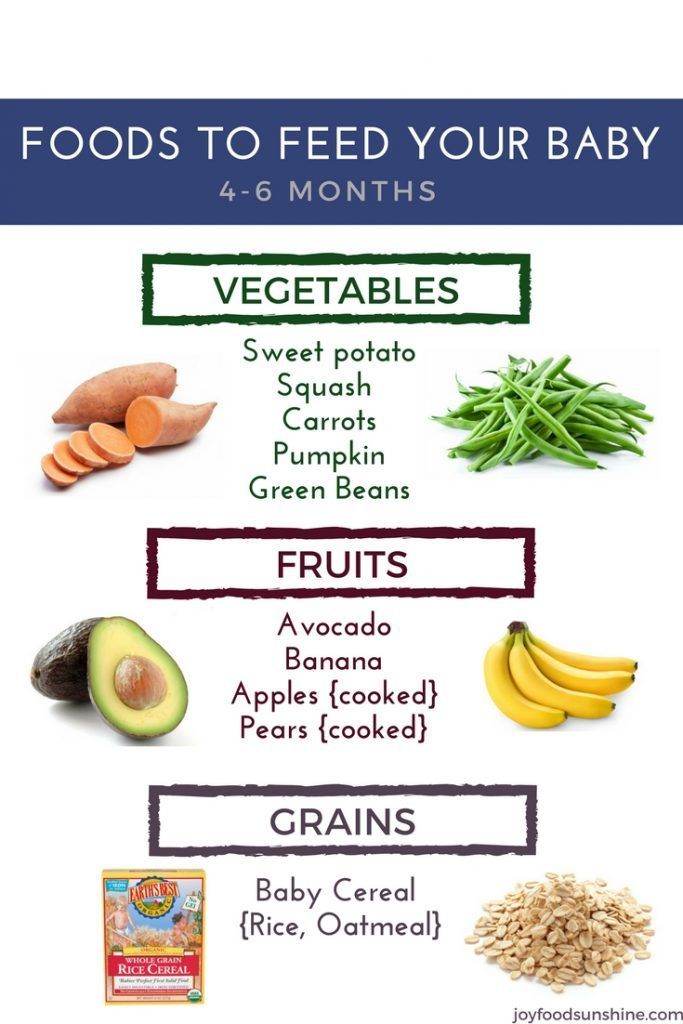
Can a newborn baby be given a laxative for constipation?
+
Do not give a newborn baby any medication without first consulting a doctor. Your doctor will assess the severity of your constipation and suggest ways to treat it with or without a laxative.
What to do if the baby has constipation? Should I force my baby to poop?
+
If the child is not bothered by anything, and the feces after the pass pass without problems, then there is no need to interfere in these processes. If the baby is clearly having difficulty with bowel movements, consult a doctor to find methods that facilitate this process.
Can planting help with constipation?
+
Theoretically, an upright posture can help a child cope with constipation. However, these methods are rather auxiliary and will not lead to a stable result. It is more effective to adjust the diet and make sure that the child does not have dehydration.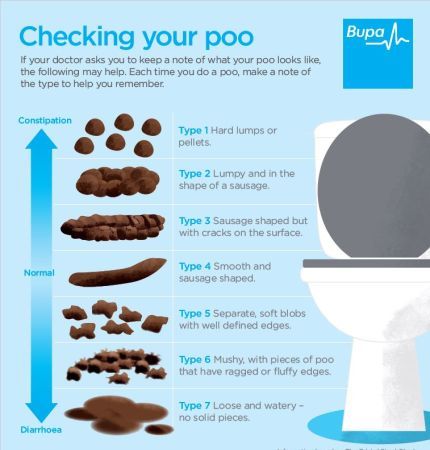

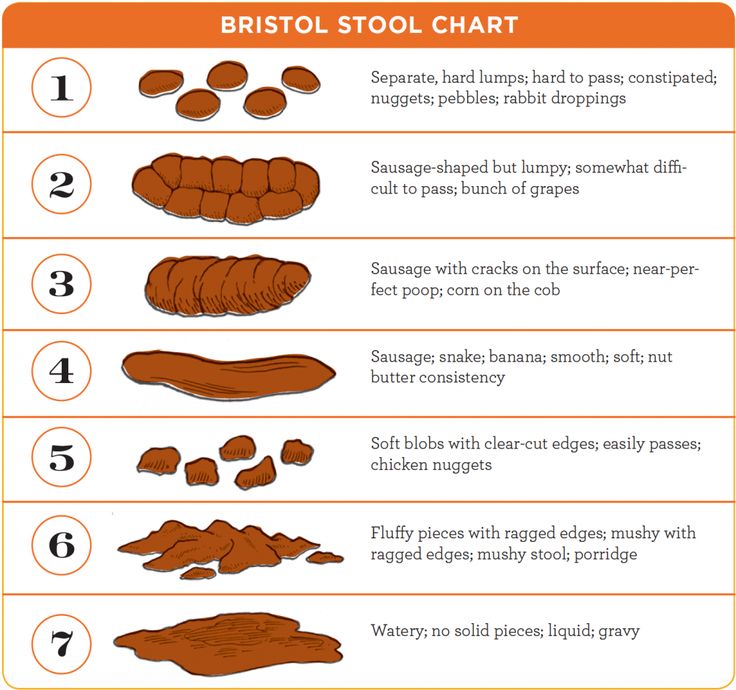 The first months does not smell strongly, then the smell changes. May be completely absent for several days.
The first months does not smell strongly, then the smell changes. May be completely absent for several days. 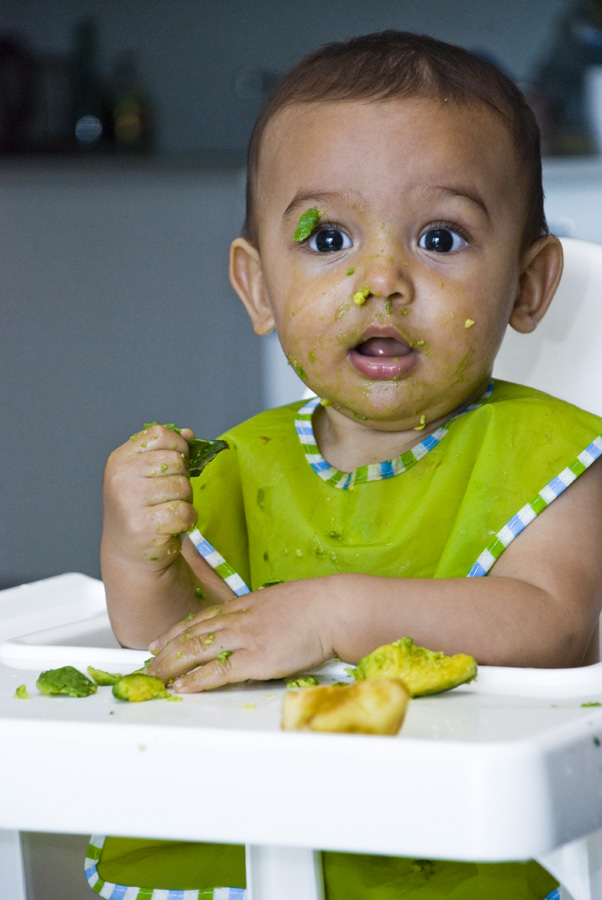 If the mother feeds the baby with breast milk, the stool is creamy, yellow. On artificial feeding it can be thicker. Not always homogeneous, there may be inclusions. Due to the immaturity of the enzymatic system, it is greenish in color.
If the mother feeds the baby with breast milk, the stool is creamy, yellow. On artificial feeding it can be thicker. Not always homogeneous, there may be inclusions. Due to the immaturity of the enzymatic system, it is greenish in color. 